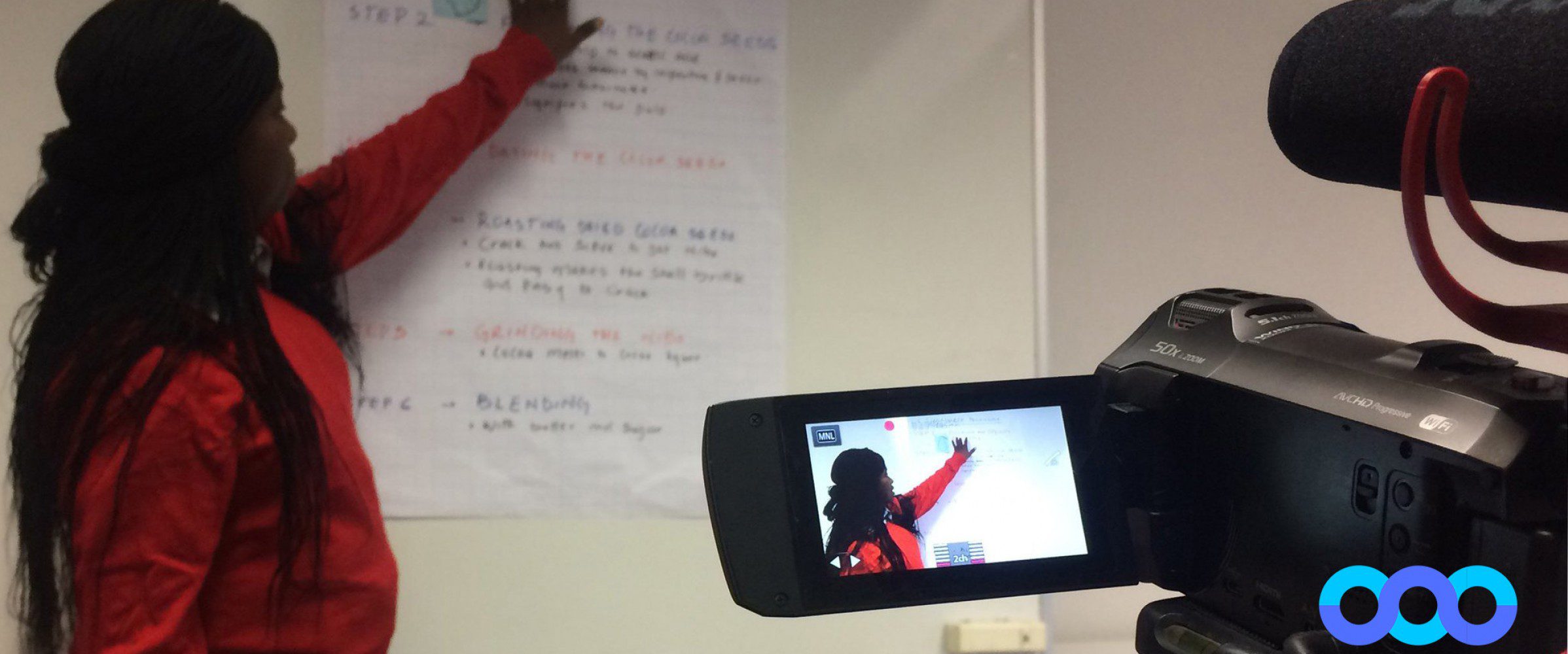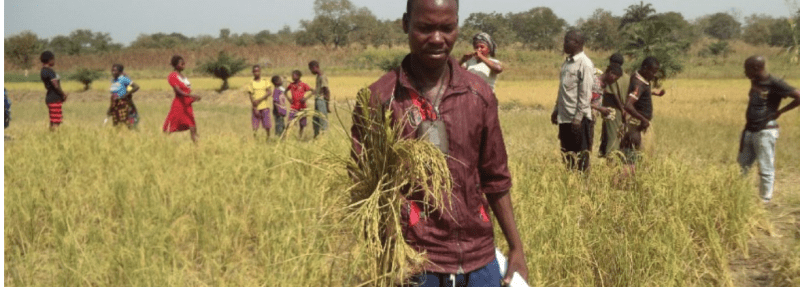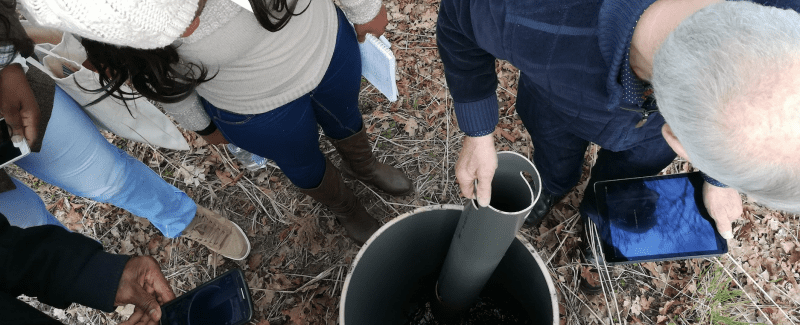
6 Ways to Better Skill Africa’s Youth
* this blog is based on a recent keynote by iCRA’s Richard Hawkins during The Sixth African Higher Education Week in Nairobi, Kenya. Richard presented iCRA’s view on how organisations, governments and institutions can support the ATVET sector better, in order to help them deliver the next generation of highly-skilled graduates.
1. Agriculture Technical, Vocational Education and Training Centres in the region need support to provide the labour force needed by the agricultural sector
Employers consistently claim that Agriculture Technical, Vocational Education and Training (ATVET) graduates do not have the practical skills needed (e.g. “they don’t know how to milk a cow, much less run a dairy farm”). This points to ATVET programmes still being too theoretical/ “academic” (disciplinary /knowledge-based) and not practical or skills-based.
Employers indicate they specifically look for skills in agribusiness (business, management), marketing, “functional” or “soft” skills (cooperation, team management, leadership, problem solving), and attitudes (motivation). Looking for solutions, most employers (e.g. dairy, horticulture) look to develop skills “in house” – as graduates do not have these skills, or are actively developing private/commercial ATVETs themselves.

2. ATVETs should not aspire to be universities
There is an imbalance between the agricultural offer from universities and TVETs in the region: too many universities (academic programmes), and not enough TVETS (practical, skills-oriented) training.
For a long time, governments have focused too much on developing universities as the main seat of higher education, to the detriment of skills and ATVET development. Too many TVETS/colleges have become universities. ATVETs should not aspire to be universities. The types of education delivered by each should be recognised as different, for different purposes, and incentivised accordingly.
To increase the quality of education, iCRA supports ATVETS to implement Competency-Based Education and Training (CBET), rather than deliver only theoretical knowledge.
3. Education needs to meet Agriculture
For a more practical approach to agriculture education the link between the education and agriculture sectors need to be reinforced and nurtured. At this point, the two sectors are often not aware of the other’s needs, capabilities and resources. A closer collaboration and exchange, between for example national ministries (of education, agriculture), would strengthen the content and context of education.
4. While occupational standards and curricula are increasingly in place, instructors need to be trained themselves to deliver a practical-oriented, CBET programme
The need for CBET programmes is recognised by Ministries in the region, and considerable efforts have been made in the last decade to introduce suitable policies, organizational structures, approve and accredit curricula, develop effective assessment procedures, etc. Nevertheless, ATVET programmes are often too general: there is a need to be more specialised, to recognise modern careers, focus on specific sectors (production, processing and marketing), specific value chains, and supporting services (extension, finance, value chain brokerage, cooperative management).
ATVET instructors themselves are typically educated in universities in academic, theoretical programmes. It is the experience of iCRA that instructors really benefit from familiarising themselves with CBET educational programmes. iCRA supports and guides instructors with (pedagogical) instruction on how to develop and deliver such curricula and practical training through projects with institutions and by offering individual courses to instructors who wish to develop their skills further.

5. Develop stronger linkages between education and industry (private sector)
The lack of strong partnerships is one of factors limiting effective ATVET education, skills and entrepreneurial development. It is not easily for ATVETs farms to replicate the modern production practices of different agriculture and value chains (due to the resources needed). iCRA believes that the private sector can and should provide more opportunities for internships as well as teaching input, production & processing facilities for skills development, etc. However, they will only do this if there are financial incentives, or if there is tangible improvement in the alignment of their needs with ATVET programmes.
ATVET farms themselves need to be run on a commercial basis but to do this they need a degree of autonomy from government. iCRA brings different stakeholders such as TVETS and the private sector together to achieve win-win situations that result in more practical education at TVET level and highly-skilled graduates that are ready to contribute to the private sector.
6. Universities can and should play a significant role in ATVET and CBET development
Many universities do (and will), in fact, offer CBET and TVET-level qualifications (certificate, diploma). These should not be seen as simply foundation or preparatory programmes for BSc entry. iCRA believes they should be accredited by the appropriate authorities (likely to be separate from academic accreditation procedures).
University-TVET linkages can be beneficial for both parties. Universities can benefit from including/having practical modules/courses in their programmes located at ATVETs. ATVETs can benefit from the course and training material development by universities, as well as specialised facilities such as laboratories, etc. Universities can also play an improved role in developing instructors for ATVETs.
Many universities have educational institutes or departments, which focus on secondary education; the pedagogy of tertiary education (ATVET and University level) has been relatively ignored. iCRA believes that further – indigenous – development of the notion of competency-based education and training and its integration/relation to academic education would also be a valuable contribution of African universities.

Want to know more about iCRA’s work with universities and ATVETS in Africa and beyond? Learn more about our work on Organisational strengthening or check out our ‘Making Education Work’ course.


Recent Comments